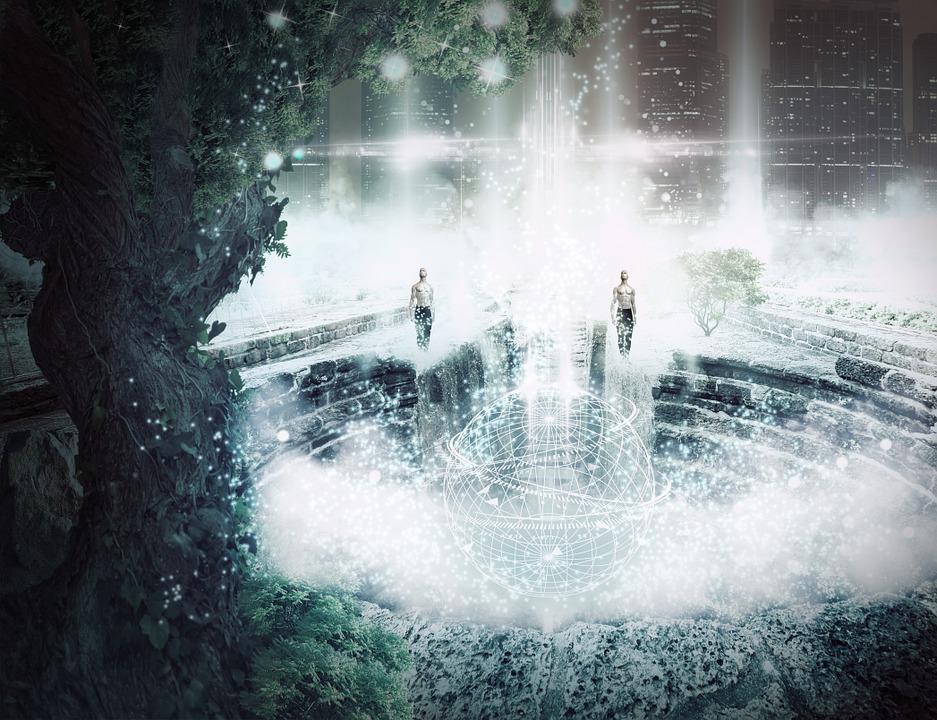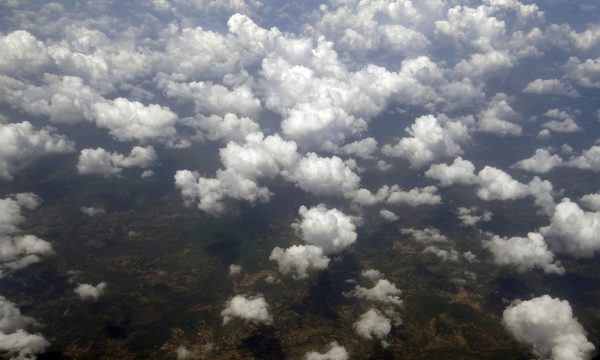SCIENCE: How Will the Universe End?
How will the universe end? “Not with a bang but with a whimper,” wrote the American poet T.S. Eliot regarding the end of the world. But if you want a more definite response, you’ll find that physicists have spent countless hours turning this question over in their minds, and have neatly fit the most plausible hypotheses into a few categories. “In textbooks and cosmology class, we learn there are three basic futures for the universe,” said Robert Caldwell, a cosmologist at Dartmouth University in Hanover, New Hampshire. In one scenario, the cosmos could continue to expand forever, with all matter … Read more












